Women-centered narratives in popular media, from movies and webtoons to TV dramas and reality shows, have gained a firm foothold at center stage of Korean popular culture.
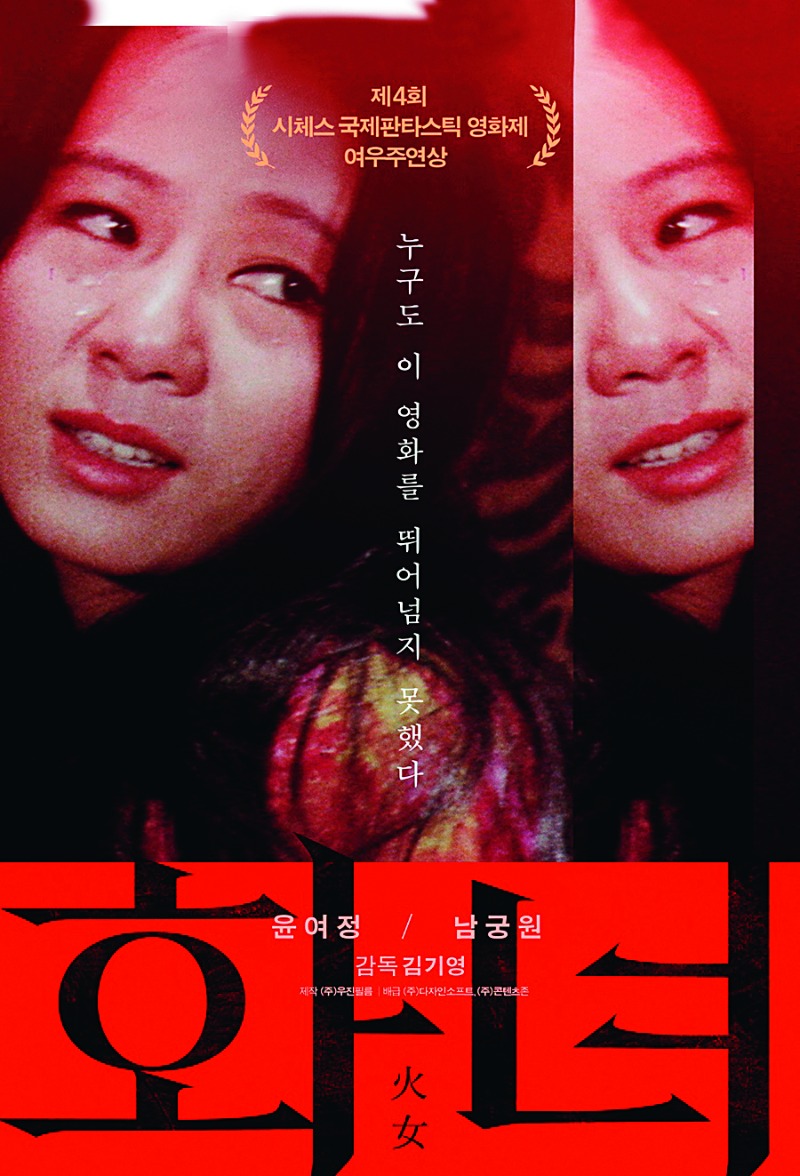
The poster for director Kim Ki-young’s 1971 domestic thriller, “Woman of Fire,” which marked the film debut of Youn Yuh-jung, winner of best supporting actress at the 2021 Academy Awards. In her breakout role, Youn played an innocent housemaid turning into an impassioned seductress.

In “The Taste of Money” (2012), Youn plays the wife of a conglomerate CEO who flaunts her money and power, and makes sexual advances toward young men. The movie is director Im Sang-soo’s sequel to “The Housemaid.”
The grandmother in Lee Isaac Chung’s movie “Minari” (2020) likes to play hwatu (Korean “flower card” game), enjoys watching pro wrestling matches and has no qualms about using curse words. In short, she turns the archetypal image of Korean mothers and grandmothers on its head. Demure, deferential and soft-spoken she is not.
Youn Yuh-jung won the Academy Award for best supporting actress for embodying the feisty grandmother. It was the latest in her long career of portraying an atypical Korean woman. When Youn began acting, her contemporaries were gaining attention as the heroines of tragic love stories or as pretty, young hostesses. Youn played fierce, provocative characters who weren’t afraid to act on their desires.
For her big-screen debut, Youn pounced on a femme fatale role in “Woman of Fire” (1971). Directed by Kim Ki-young, a pioneer of the psycho-thriller genre in Korean cinema, the movie features a young maid raped by the head of the household. She unravels when pressured to get an abortion, and commits murder. The role earned Youn awards for best actress at local and international film festivals.
Shedding Stereotypes
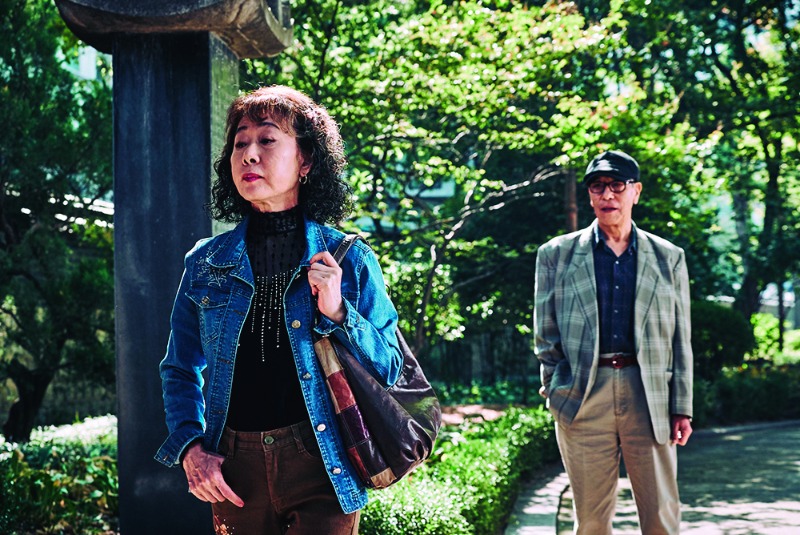
A scene from “The Bacchus Lady” (2016), directed by E J-yong, in whichYoun plays an elderly prostitute who makes a living by catering to old men.
The following year, Youn starred in the thriller “Insect Woman” (1972), also directed by Kim. Considered a sequel to “Woman of Fire,” it deals once more with jealousy and love-hate relationships. Turning to television, Youn played the titular role in the period drama series “Jang Huibin” (1971-1972), a ferocious woman who becomes the king’s concubine. After a lengthy hiatus to take care of her family, Youn resumed her acting career in the late 1980s, continuing to take on unconventional roles that subverted stereotypes and norms.
In 2019, the Korean Film Archive presented a special exhibition, “Centenary of Korean Film Through Female Characters,” with the subtitle, “The Bad Women, The Weird Women, The Dope Women,” which looked back on the conventional perception of femininity. As the subtitle indicates, independent women who openly expressed their desires or will were frowned upon, and representation of female characters in movies was distorted through the eyes of male directors.
Perspectives began to shift in the 1990s as awareness of women’s rights was magnified. A new cadre of female directors and producers brought new depths to scripts and characters. They moved women-centric stories from the margins to the forefront of popular culture, with many winning critical acclaim as well as commercial success.
Some notable examples of recent feminist films that have been favorably received by both critics and audiences alike include Kim Do-young’s “Kim Ji-young: Born 1982” (2019), based on the bestselling novel by Cho Nam-joo; Kim Bo-ra’s “House of Hummingbird” (2018), a commercial hit that won numerous awards at major international film festivals; Kim Cho-hee’s “Lucky Chansil” (2019); Yoon Dan-bi’s “Moving On” (2019); and Hong Eui-jeong’s “Voice of Silence” (2020).
Today, Korean films with female lead characters are no longer restricted to the realm of feminism. They have broadened into an array of narratives, including wartime sex slavery, female employees exposing corporate corruption and heroic women fighting crime. Particularly noteworthy is that this trend is being embraced by other entertainment media.
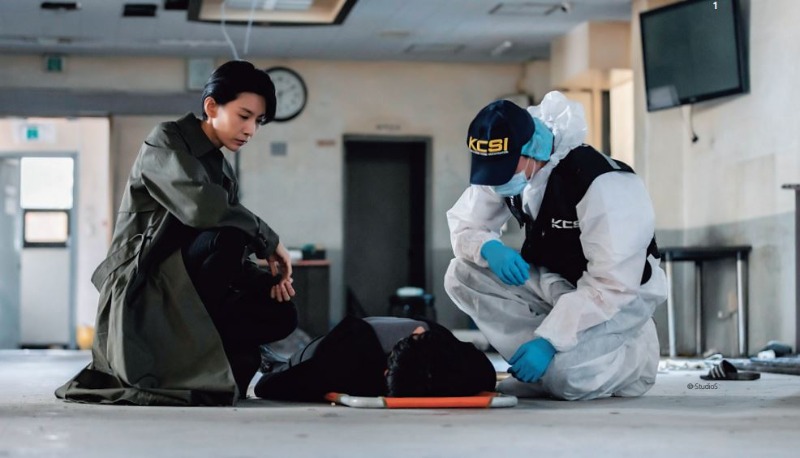
The SBS drama series “Nobody Knows” (2020) follows the story of a tenacious female detective who is determined to find out why a young boy threw himself off a building.
Beyond Feminism
TV serials have seen a shift in trends, moving from soap operas to family dramas and melodramas, and most recently, to genre dramas, a change which has occurred in tandem with the evolution of female characters. In soap operas or family dramas, women were portrayed as passive characters resigned to their fate as dictated by patriarchal institutions, or modern Cinderellas who meet a rich man and succeed in climbing the social ladder.
One early departure was “The Queen of Office” (2013, KBS2), which features an unmarried woman certified in so many skills that she is intimidating. Instead of a steady, full-time position normally coveted by single women, she refuses anything but short stints at companies. The star, Kim Hye-soo, won the highest award for acting in a drama series at the 2013 Korean Culture Entertainment Awards. “Strong Girl Bong-soon” (2017, JTBC), one of the highest-rated series on Korean cable TV, portrays a teen bodyguard who pummels thugs; “Mr. Sunshine” (2018, tvN) stars a female sniper working with an anti-Japanese militia; and “Hyena” (2020, SBS TV) is about a female lawyer hell-bent on success at all costs.
Traditional storylines have not been abandoned completely. “The World of the Married” (2020, JTBC), about infidelity and the emotional pain it fosters between acouple, became the highest-rated drama ever on Korean cable TV. “Birthcare Center” (2020, tvN) deals with the conflicts in social relationships women navigate afterpregnancy and childbirth, while “No, Thank You” (2020, KakaoTV), based on a popular webtoon, delicately captures the unfortunate fallout of Korea’s patriarchal conventions through the discrimination a woman suffers from her in-laws.
Female-centric narratives are also beginning to gain more prominence in webtoons. A leading example is “Jeong-nyeon” (2019-2020, Naver Webtoon), which highlights an all-female traditional musical troupe that was popular in the 1950s.
Perspectives began to shift in the 1990s as awareness of women’s rights was magnified. A new cadre of female directors and producers brought new depths to scripts and characters.
Evolving Narratives
Seen through the prism of broader public discourse, the evolution of female roles in movies and TV followed the removal of political and economic limitations. Korea achieved phenomenal postwar economic growth, but political and labor rights were pushed to the side until grassroots movements yielded reform in the late 1980s. Political and economic democratization then led to “democracy in everyday life,” manifested most prominently in calls for greater gender equality.Popular culture in Korea has evolved alongside the shifting values and sentiments of the public with the times. The entertainment industry’s willingness to embrace female narratives can be seen as a part of this trend, also visible in other countries around the world. More than ever, stories about women are at the center of the public’s interest, both at home and abroad.
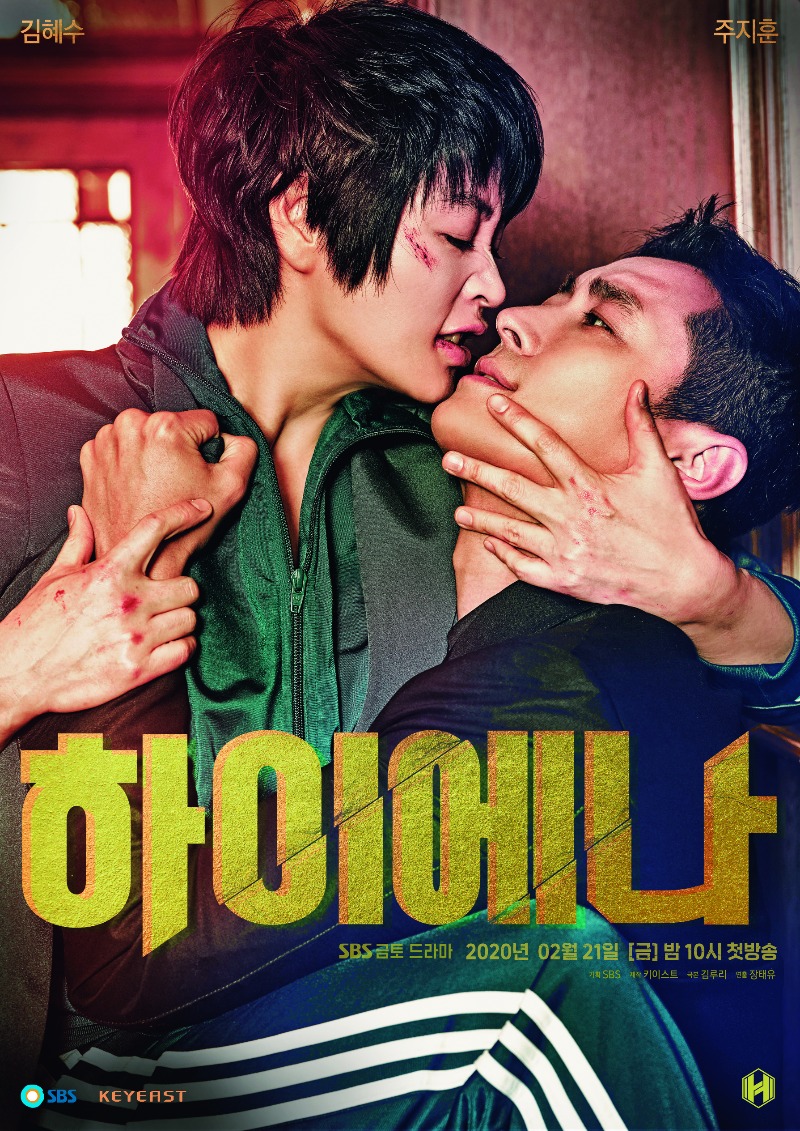
The SBS drama series “Hyena” (2020) highlights the intense rivalry between an elite male lawyer from a wealthy family of lawyers and a gritty female lawyer who is hell-bent on success and wealth.
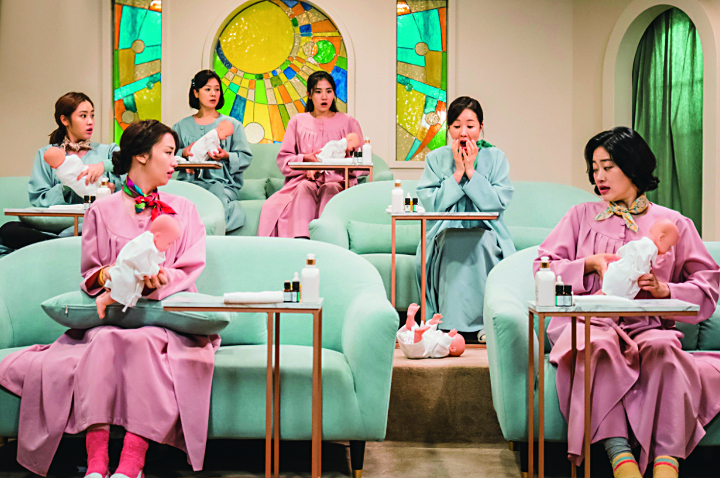
The cable tvN drama series “Birthcare Center” (2020) resonated among female viewers with a realistic presentation of the changes women face in their lives after childbirth.
Jung Duk-hyunPopular Culture Critic